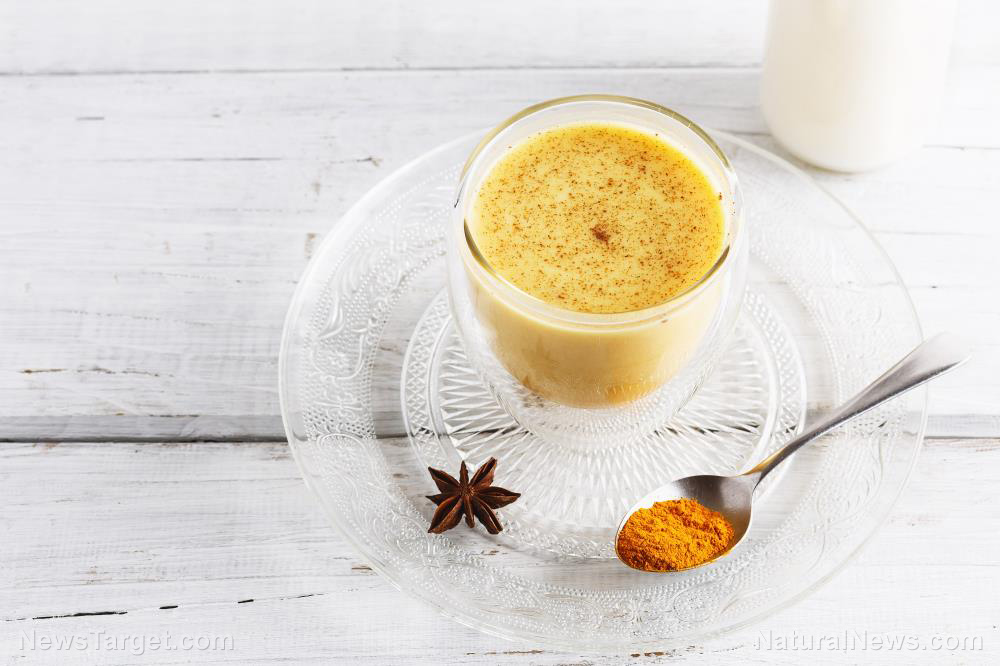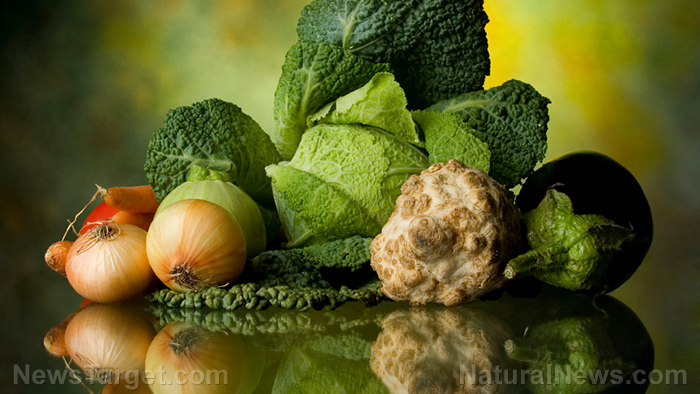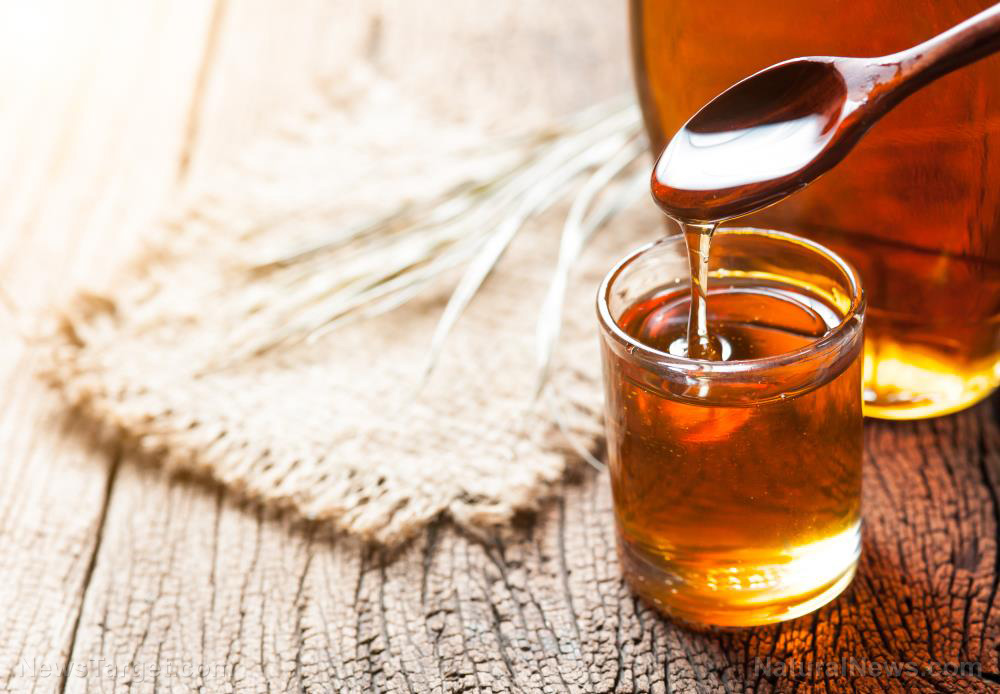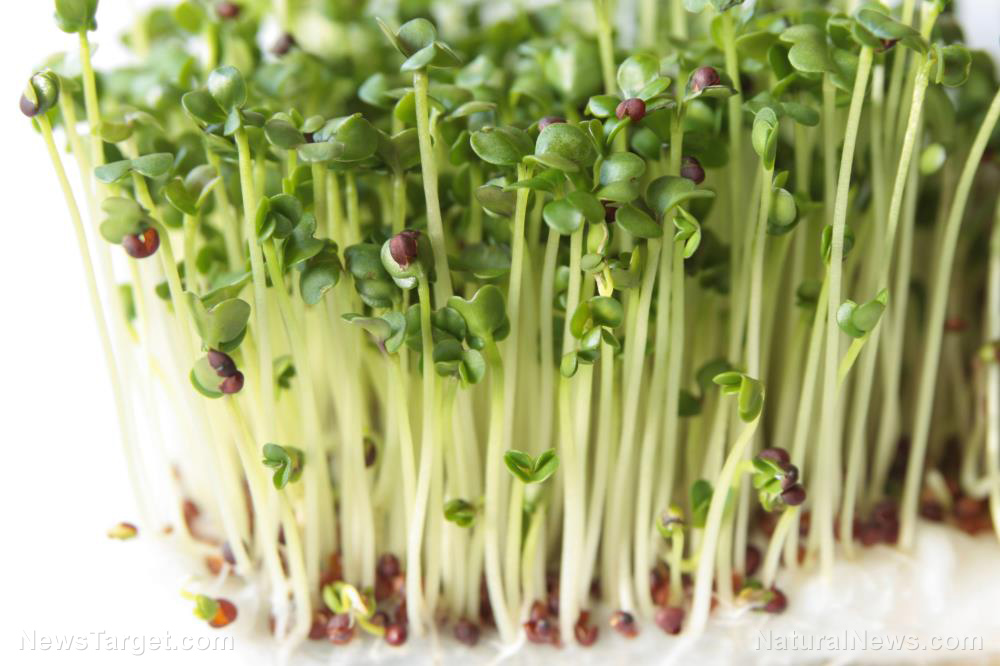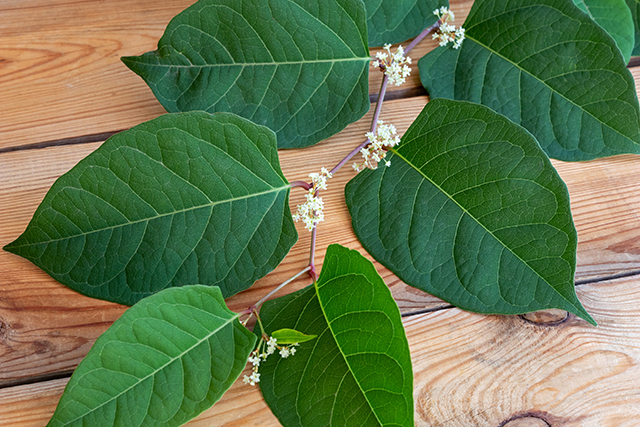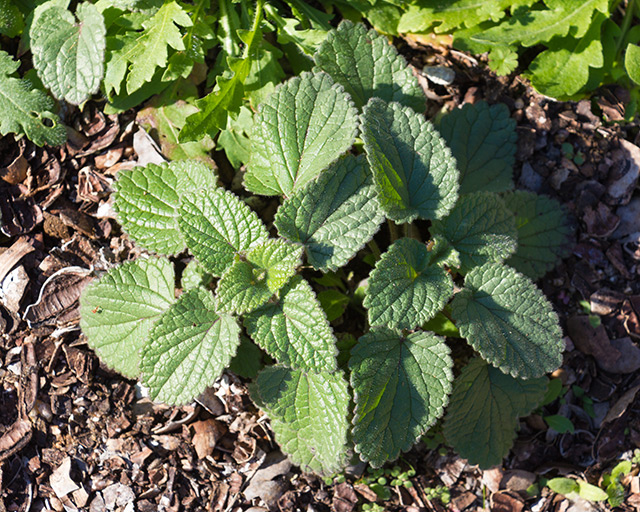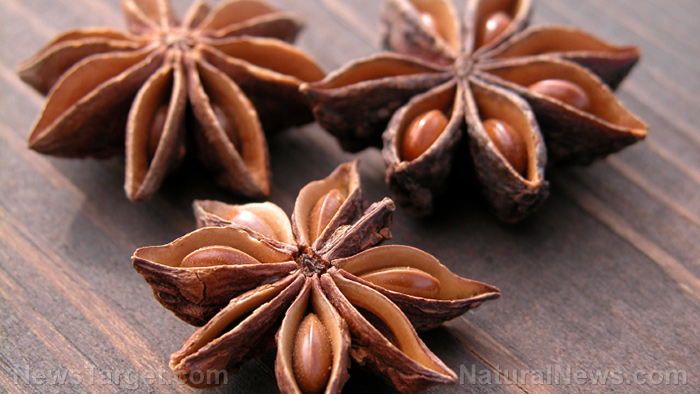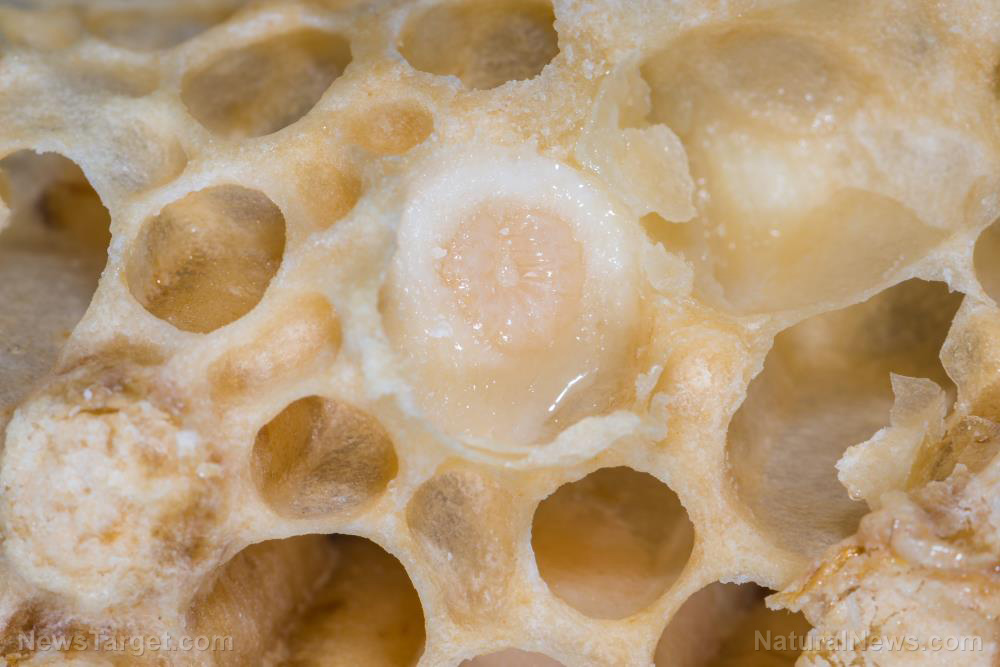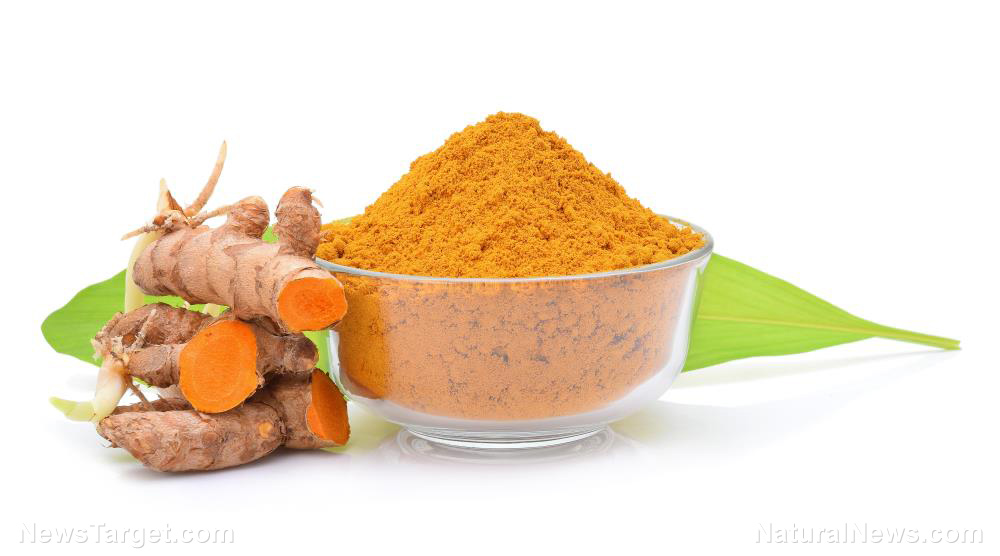Here’s another reason to love blueberries: They protect against inflammation
03/12/2021 / By Evangelyn Rodriguez
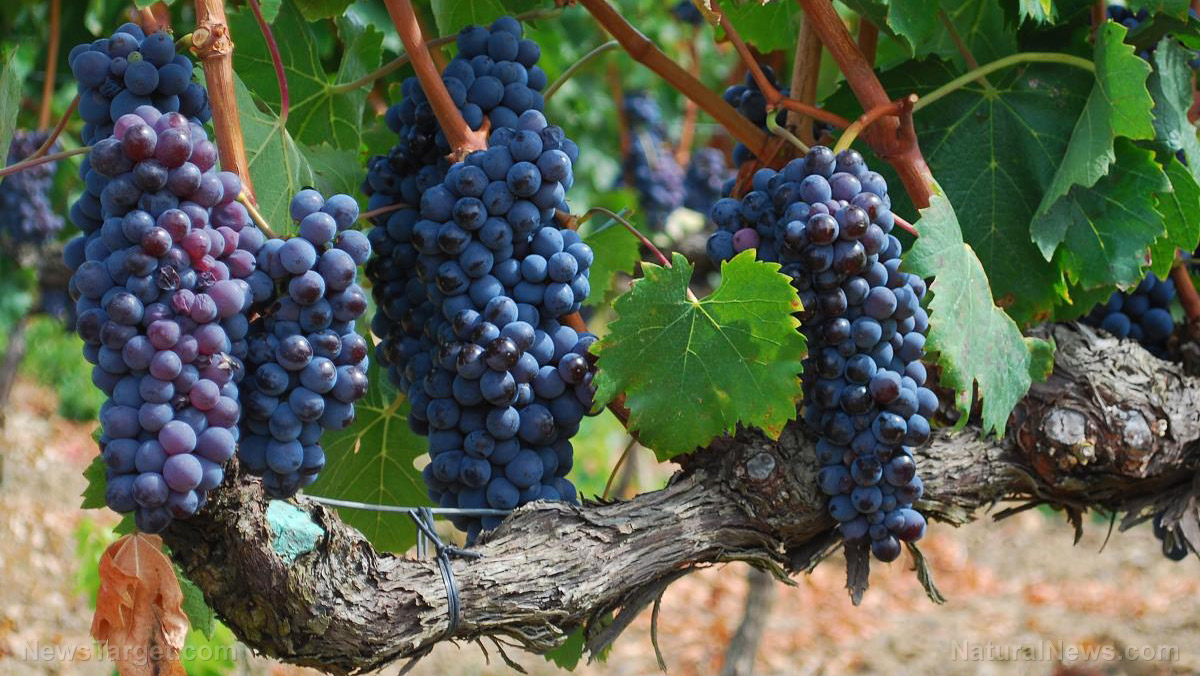
Blueberries are among the most well-known and best-loved superfoods on the planet. Aside from being a delicious and versatile food ingredient, blueberries also provide plenty of essential nutrients and disease-fighting phytonutrients. For instance, research suggests that blueberries have one of the highest antioxidant levels of all plant-based foods. Antioxidants help reduce oxidative stress, a harmful event that has been linked to various age-related chronic diseases, such as heart disease, neurodegenerative diseases and cancer.
The antioxidants in blueberries are classified as flavonoids. Members of this class possess a wide range of biological activities and are collectively known as polyphenols. Research suggests that polyphenols are the most abundant and widely distributed group of bioactive molecules present in plants. They are also responsible for many of the medicinal properties exhibited by plants.
In a recent study, researchers at Texas Woman’s University investigated the usefulness of polyphenols present in blueberries in controlling or reducing inflammation. Induced by oxidative stress, inflammation — especially if it becomes persistent — is closely linked to the development of many chronic diseases, such as diabetes, metabolic syndrome, inflammatory bowel disease and rheumatoid arthritis (RA).
The researchers discussed the anti-inflammatory activities of BBPs in an article published in the Journal of Medicinal Food.
Blueberry polyphenols can be used for the treatment of rheumatoid arthritis
RA is an autoimmune and chronic inflammatory disease that destroys joints and causes disability in older adults. The etiology of RA is poorly understood and there is no mainstream cure for this disease.
According to research, the accumulation and proliferation of fibroblast-like synoviocytes — non-immune cells that make up the membranous tissue that lines joint cavities — may be involved in the destruction of cartilage commonly observed in RA. On the other hand, in vivo and in vitro studies suggest that the anti-inflammatory properties of dietary polyphenols derived from fruits and vegetables could help prevent this destruction.
To examine the anti-inflammatory activities of blueberry polyphenols against RA, the researchers first stimulated rabbit synoviocytes with tumor necrosis factor alpha (TNF-a), a cell signaling protein (cytokine) released by immune cells that plays a huge role in systemic inflammation. They then treated the synoviocytes with different doses of blueberry polyphenols.
The researchers found that the pro-inflammatory cytokine, TNF-a, increased synoviocyte proliferation by around 19 percent, but treatment with blueberry polyphenols significantly decreased proliferation in a dose-dependent manner. The polyphenol-treated synoviocytes also showed decreased levels of interleukin (IL)-1B and nuclear factor-kappa B (NF-kB).
IL-1B is a cytokine required for activating the innate immune response. Its role is to mediate the release of other pro-inflammatory cytokines, especially in the presence of an infection. NF-kB, on the other hand, is a transcription factor that regulates the expression of genes involved in inflammation. (Related: Blueberries offer a variety of health benefits — add heart-healthy to the list.)
The researchers also reported that that the expression of matrix metalloproteinase 3, a key enzyme involved in the pathogenesis of RA, increased fivefold in the control TNF-a-stimulated group but decreased by threefold in the blueberry polyphenol-treated group, clearly showing the anti-RA activities of blueberry’s active components.
Based on these findings, the researchers concluded that blueberry polyphenols can reduce inflammation associated with RA by downregulating the expression of pro-inflammatory cytokines and the transcription factor, NF-kB.
Sources include:
Tagged Under: alternative medicine, anti-inflammatory, arthritis cure, Blueberries, food cures, food is medicine, functional food, natural cures, natural medicine, phytonutrients, polyphenols, research, rheumatoid arthritis
RECENT NEWS & ARTICLES
FoodCures.News is a fact-based public education website published by Food Cures News Features, LLC.
All content copyright © 2018 by Food Cures News Features, LLC.
Contact Us with Tips or Corrections
All trademarks, registered trademarks and servicemarks mentioned on this site are the property of their respective owners.


